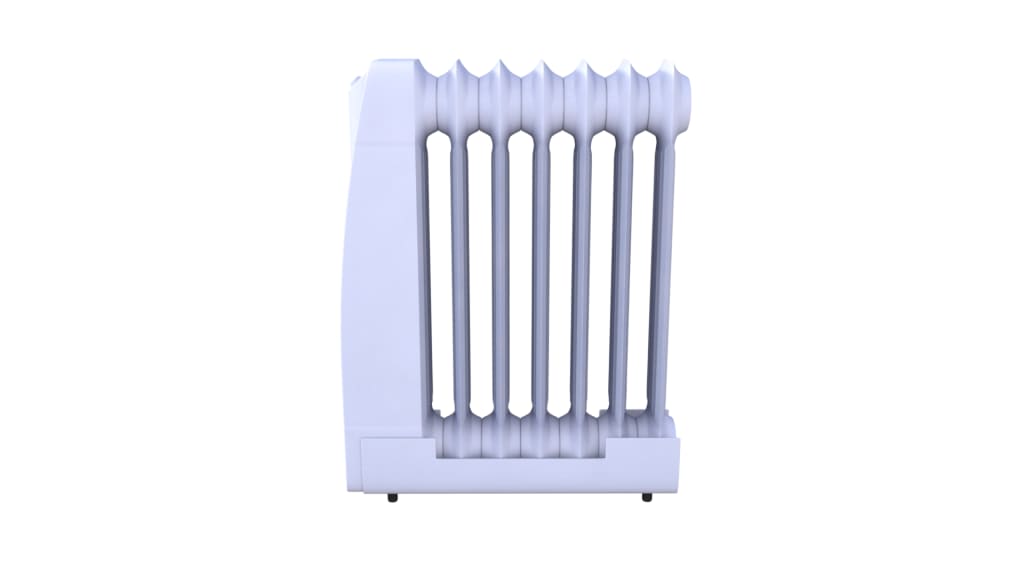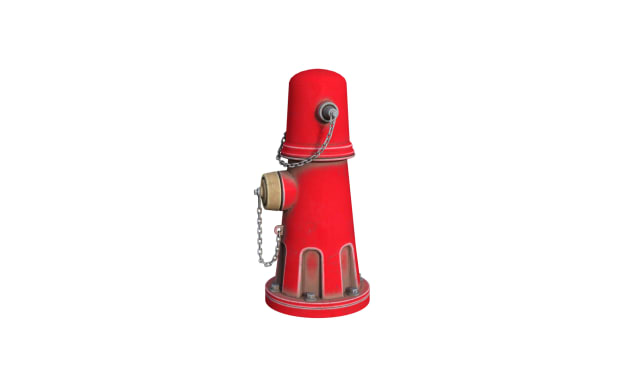
Introduction
Cold weather is upon us, whether we like it or not. And with the colder months comes the increased use of heat devices, such as furnaces, stoves, fireplaces, boilers, etc. While this is a common occurrence, it can also be a source of health risks for those exposed to these devices, beside other harmful effects that we will discuss here. This article will review the potential risks associated with heating devices in the home and address some of the other means that can keep our bodies warm.
What Are Heat Devices?
Heat devices have been around for a long time. Any instrument that can produce heat can be considered a heating device. For example, an oven, a hairdryer, fireplace, or even a candle, may all be considered heat devices.
What are the risks of using heat devices at home?
Depending on the type of heating device, there can be different risks involved. Always read the safety instructions written by the manufacturer and use common sense.
Portable Electric Heaters
Portable electric heaters for example are one of the most dangerous devices you could have at home. Unlike other, fixed devices, a portable heater could be placed in dangerous places. If a heater is too close to a curtain, for example, it could catch fire. Or the heater could tip over, causing damage to the floor or carpet or even starting a fire. Always place such heaters on solid surfaces (never on a carpet or sofa for example) away from any objects, especially if they are inflammable. Never let your children play around those devices.
Stove & Kitchen Appliances
Kitchen appliances are the main cause of fire in houses, but they are also one of the most frequently used. A stove is a direct source of heat, so it can burn you and other objects in the kitchen. Similarly, a hot plate, a toaster, or a microwave oven can also burn you or start a fire. Use those appliances with caution. A boiling pan should never be placed within children's reach. Use the far plates for such tasks if you have children. Don't put inflammable objects like kitchen paper too close, even if the appliance is off.
Gas Heater
A gas heater will burn fuel to generate heat. If you have a gas heater at home, then you have probably seen the warning signs on it. Gas leaks could be fatal. It’s a really good idea to have your gas heater checked every year to make sure it’s safe to use. The ventilation in your house should also meet the standards before you install a gas heater.
Secondary Appliances
Or the ones that we use less. Like gel-filled heat pads, hot water bottles, and electric heating pads. There are a number of risks with the use of those devices. A number of cases of burns and scalds have been reported. Some of these cases have been serious and have resulted in permanent scarring.
Carbon monoxide
Carbon monoxide poisoning occurs in the winter months due to the use of heating units, stoves, and fireplaces that burn fuel that produces carbon monoxide. Carbon monoxide is an odorless and colorless gas that can be fatal if not detected on time. Carbon monoxide can easily sneak into your home through faulty chimneys, leaky furnaces, or flue pipes. That is why a carbon monoxide detector is a must in any home.
An increased risk of carbon monoxide poisoning exists for people with heart disease, lung disease, anemia, or other conditions related to the body's oxygen delivery capabilities. In addition, carbon monoxide poisoning can lead to permanent brain damage.
Alternatives
If you're looking for ways to stay warm this winter, consider warming your body naturally instead of using heating units. There are a few ways you can do this, and some are even easier than turning an electric heater on.
- Use sun heat whenever the sun is out. Even when it's winter, allowing sun rays through your window can help heat up your room. This is a good way to save on energy bills while reducing your carbon footprint.
- Use a blanket as often as you can. A blanket should be enough to keep you warm and cozy. But of course, this shouldn't restrict your movement either. Don't rely on a blanket if you have to get up a lot.
- Close the doors. Closing the doors in your house helps keep your space warm, especially if you live in a big house.
- Gather the family in one room whenever possible. There’s an old saying, “The more the merrier”? The more people are in a group, the more comfortable, warm, and cheerful the environment tends to be.
- Staying active reduces the need for using heat devices because your body would generate enough heat most of the time. Generating that heat would also consume calories, as a bonus benefit.
- It's a good idea to drink plenty of warm beverages throughout the day because they help you stay warm. If you're not a fan of hot tea or coffee, drink warm water and soups.
- Having layers of clothing is also very helpful. As long as it doesn't cause discomfort or abstract your daily activities.
Air Quality
It should be noted that eliminating heat devices does not take the risk away. There are still risks to applying the above solutions, like quality air. It is highly recommended to use a quality air detector to make sure that you and your family are breathing clean air. And it would be almost impossible to get rid of heating devices entirely, but following the above tips would help reduce their uses and thus reduce the risks that come with them.
Get a Smart Thermostat:
By installing a smart thermostat, your will be significantly reducing the use of energy for heating. A smart thermostat will tell the heating unit when to turn on and off and thus eliminate extra usage.
What is the safest heating source for your house?
There are two main types of heating systems in your house. One is the traditional heating system powered by natural gas or electricity, which heats the air inside your house. The other one is solar heaters powered by the sun's energy, which directly heats the water inside your home and produces steam to heat the air.
If you choose a solar heater for your house, make sure it has proper insulation, weatherproofing, and a warranty to cover the heating system's failure and any damages. On the other hand, if you choose a gas furnace, make sure it’s safe to use, has proper maintenance, and that there are no safety issues with it.
The safest source of heating for your home is the sun, but it's not always practical or feasible to install a large solar array on your roof. So if you find yourself having to go for gas or electric heaters, make sure they are properly installed, regularly checked and all the instructions promptly followed.





Comments
There are no comments for this story
Be the first to respond and start the conversation.